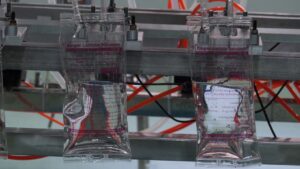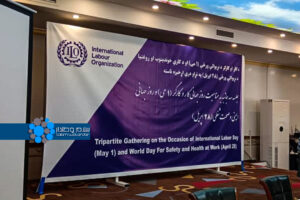KABUL (SW) – The United Nations Educational, Scientific and Cultural Organization (UNESCO) has stated that globally 40% of the population does not have access to an education in a language they speak or understand.
“This has a negative impact on their learning. Multilingual education is not an option, it is a must,” UNESCO said.
According to UNESCO, in some countries, the number of learners who aren’t taught in a language they speak and understand “exceeds 90%! Learning in our mother tongue should not be a privilege, but a right.”
On Wednesday, on International Mother Language Day, UNESCO wrote on X that language diversity is increasingly threatened by the disappearance of more languages.
In a report UNESCO published, it is said that the theme of International Mother Language Day celebration 2024 is “Multilingual education is a pillar of intergenerational learning”.
Today, 250 million children and young people still do not attend school and 763 million adults do not master basic literacy skills, according to the report.
“Mother tongue education supports learning, literacy and the acquisition of additional languages.”
February 21, 1999, was named by UNESCO as International Mother Language Day.
Speakers of the native languages in different parts of Afghanistan, want the Ministry of Information and Culture to pay attention to the growth of native languages in Afghanistan and prevent their destruction.
Abdullah Kalshani, whose mother language is Pashai, says that the lack of teaching materials in schools has caused students to be educated in another language. “The government has prepared a textbook in the professional language department, but its adaptation is accompanied by many problems. These books have not reached the schools.”
Samandar samandari, who speaks Ashkashmi language, also says: “Unfortunately, the Ashkashmi language is dying. We kindly ask the Ministry of Information and Culture to pay attention in this field and not allow this language to disappear.”
Ata Mohammad Poya, a language professor at Kabul University, says: “There are more than 35 languages registered in Afghanistan, but unfortunately we have forgotten most of the languages and dialects. The academy of sciences and universities must work on this in order to survive.”
Meanwhile, on International Mother Language Day, the Acting Minister of Information and Culture says that the ministry is committed to the growth of Afghanistan’s native languages and supports efforts to expand them.
Khairullah Khairkhah, Acting Minister of Information and Culture, adds that this ministry has established a commission aimed at the development of Afghanistan’s indigenous languages. He emphasizes: “We must work fundamentally in all languages to keep the culture of all ethnic groups alive and develop in Afghanistan. We had councils and meetings for the growth of languages and their preservation, to consider how we can promote them.”
Saifurahman Mohammadi, head of the Department of People’s Culture in the Ministry of Information and Culture, also says: “The Ministry has decided to work in relation to all the languages of Afghanistan until an independent commission is created in this department. This commission works for the growth of languages.”






